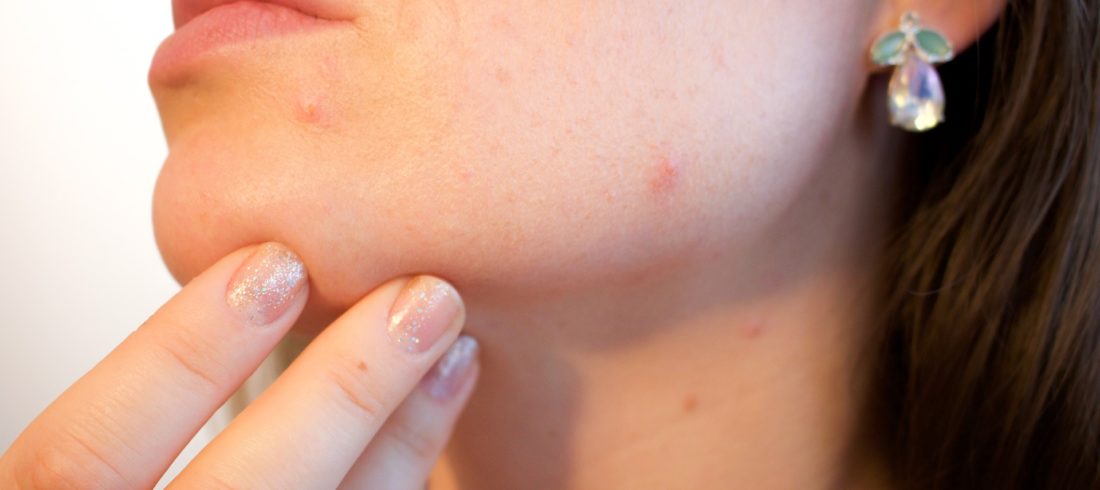Our skin – believe it or not – is our largest organ. And depending on your height and weight, an adult has several pounds of the covering, which at its thickest point can be a few millimeters deep, by one estimate. Skin acts as a body’s first-line of defense, shielding it from extreme temperatures; harmful rays from the sun; germs and other microorganisms; as well as toxic substances. And it needs a bit of tender-loving care from time to time.
Get to Know Your Skin
Our bodies are wonderful. Each of us has skin of different colors and shades that are unique to us. On top of that, centuries of people have tattooed and decorated their outers as a form of self-expression. Just beneath the surface are three layers: epidermis (outer), dermis (mid) and subcutis (inner). According to the US National Center for Biotechnology Information, every four to five weeks, new cells, starting at the bottom of the epidermis, push to the top, where they replace an older layer. Our epidermis contains a variety of cells, including:
- Keratinocytes, which comprise 90 percent of cells
- Merkel cells for sending pressure-related signals to your brain
- Lymphocytes cells for transferring germs to the nearest lymph node
- Melanocytes cells for storing melanin, which gives skin its color
And then there are increased variations, such as freckles, which are deposits of melanin that appear naturally or after sun exposure. Calluses are formed by sustained pressure or friction, which boosts production of new cells that rise to the surface and harden. Our dermis layers are dense with collagen fibers that make skin strong and stretchy. Extra stretching, such as when there is a weight gain that causes skin to expand, may tear the dermis and create visible stretch marks.
When is the Right Time to See a Dermatologist?
Often there are popular, age-related benchmarks indicating when we should begin to see medical specialists. But at what age should we begin to see a dermatologist? As is the case for most things in life: it depends.
Speaking to Dr. Mays Al-Shaer, of Premier Medical Group’s Dermatology division, patients should weigh several factors of this question. Dr. Al-Shaer is a board-certified doctor of Internal Medicine who did a fellowship in dermatology and has practiced since 2011. She notes there are several groups who should strongly consider a visit to a dermatologist:
- Patients with a compromised immune system
- People who use a biologic therapy or medications that lower the immune system
- Organ transplant recipients
- Tanning bed users
- Adults with a history of blistering sunburn during childhood, teenage or even recent blistering sunburns
- Patients with a large number of moles
- Tendency to sunburn, while not tanning
And there are other factors to consider, such as family history. While melanoma can result from exposure to ultraviolet radiation from the sun, it is also genetic. Those with this risk should see a physician as early as possible, she said, noting that children can get melanoma. According to the National Cancer Institute, about 500 children are diagnosed with pediatric melanoma each year.
Be Mindful of Moles
Many adults check their own moles – their size, color and shape, among other items. And Dr. Al-Shaer said she often consults patients on the right way to perform a monthly self-skin check and identify potentially problematic moles. Here’s the hitch: while people can have success on their own, locating worrisome moles becomes more difficult when there are lots of moles to monitor. How many, you ask? Dr. Al-Shaer said those with 50 or more moles should consider seeing a dermatologist, who is better equipped for this task. Also, however flexible we are, it’s very difficult to see every mole on your body.
What a Dermatologist Can Provide
On top of providing diagnoses, treatments and performing surgeries, Dr. Al-Shaer said she shares lots of useful tips with her patients during visits. Patients might ask which sunscreen is best for their needs, or which over-the-counter skin care is best for their unique type of skin. Answering those questions is also what a dermatologist is for!
Schedule an Appointment at Premier Medical Group
Want to find out how to perform your own self-skin check? Or do you have a dermatology related question that’s been on your mind? Give us a call and schedule an appointment today #845.451.7272

